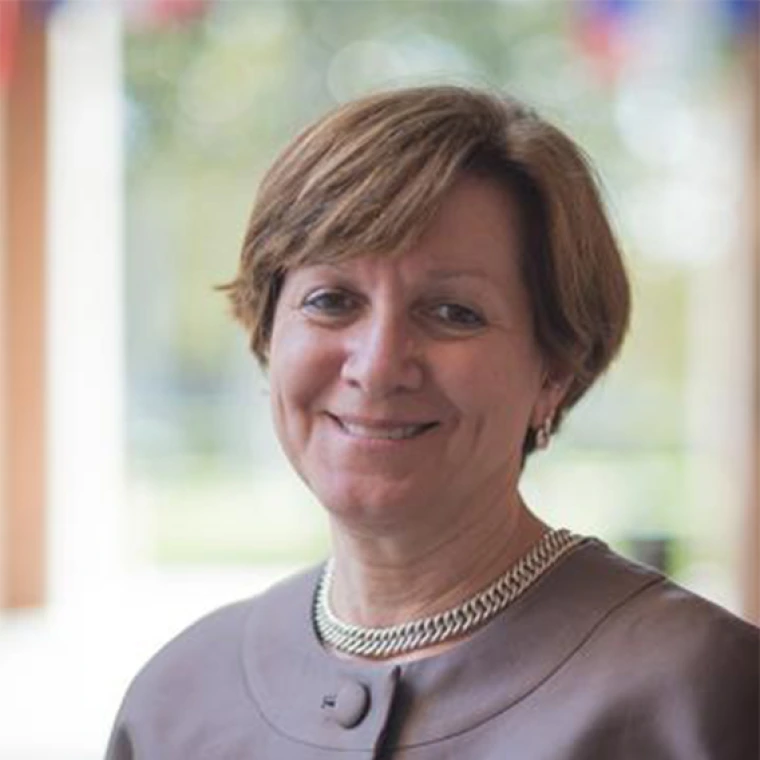Laurie Brand

Los Angeles, CA
How did CASA help inform your career path?
The importance of my CASA experiences in setting my career path was second only to that of my initial decision to study Arabic. The time in Egypt was truly formative for me both personally and professionally, and the opportunity to spend first a summer and then a full year in intensive study of Arabic enabled me to develop the basis for the speaking and research competencies that have been critical to my success as an academic in the field of Middle East politics and international relations.
What job or path of study did you pursue after graduating from the CASA program?
After returning to the States, I enrolled in a Masters in International Affairs program at Columbia University. I then stayed on at Columbia to do a Ph.D. in Comparative Politics with a focus on the Middle East. After that I worked for four and a half years at the Institute for Palestine Studies in Washington, D.C., and then joined the faculty of the University of Southern California, where I have directed the Center for International Studies, the School of International Relations, and now the Middle East Studies program. In the meantime, I have continued to be an active researcher, publishing a number of comparative studies of inter-Arab politics, all of which involved extensive field work in the region (Egypt, Kuwait, Jordan, Syria, Morocco, Tunisia, Lebanon, Algeria) and none of which would have been possible without the Arabic fluency that CASA enabled me to develop: Palestinians in the Arab World (1988); Jordan's Inter-Arab Relations (1994); Women, the State and Political Liberalization: Middle East and North African Experiences (1998); Citizens Abroad: Emigration and the State in the Middle East and North Africa (2006); and Official Stories: Politics and National Narratives in Egypt and Algeria (2014). I have also served as president of the Middle East Studies Association (2004), and have chaired its Committee on Academic Freedom since 2006.
Do you have any recent academic or professional successes would you like to share with fellow CASA alumni?
I was selected as a Carnegie Corporation Scholar in 2008, and received a writing fellowship at the Rockefeller Center in Bellagio in 2012 to finish my book Official Stories. Most recently, I was honored to be asked to serve as a member of the Board of Trustees of the Doha Institute, a new university in Qatar, which recruits from across the Arab world to train the next generation of Arab scholars of humanities and the social sciences in a US-style academic program, but in which the language of instruction is Arabic. I am one of only two non-native Arabic speakers on the founding Board of Trustees.
What was your favorite memory from CASA?
I don't think I can point to just one. There were the 6.5-piaster breakfasts at Dumiyati's fuul and ta'miyyah place in Bab el-Luq, as well as the kosheri restaurant Lux, which I think is still there; the many wonderful excursions organized and often guided by Dr. John Swanson to major and minor archaeological sites, historical monuments, and oases; Amy Newhall’s amazing walking tours in parts of Old Cairo; the fantastic Egyptian colloquial class with Mrs. Assiouti; and the camaraderie that formed among a group of 20-somethings far away from home struggling with one of the world's most difficult languages, in an age when we had to rely on the vagaries of the Egyptian mail or the Centrale for phone calls to stay in touch with family and friends.
What advice would you give to current CASA Fellows?
Take full advantage of the time in the region, be aware of the amazing gift this fellowship represents, and at some point in the future, find ways to give back to those who helped you along the way.

